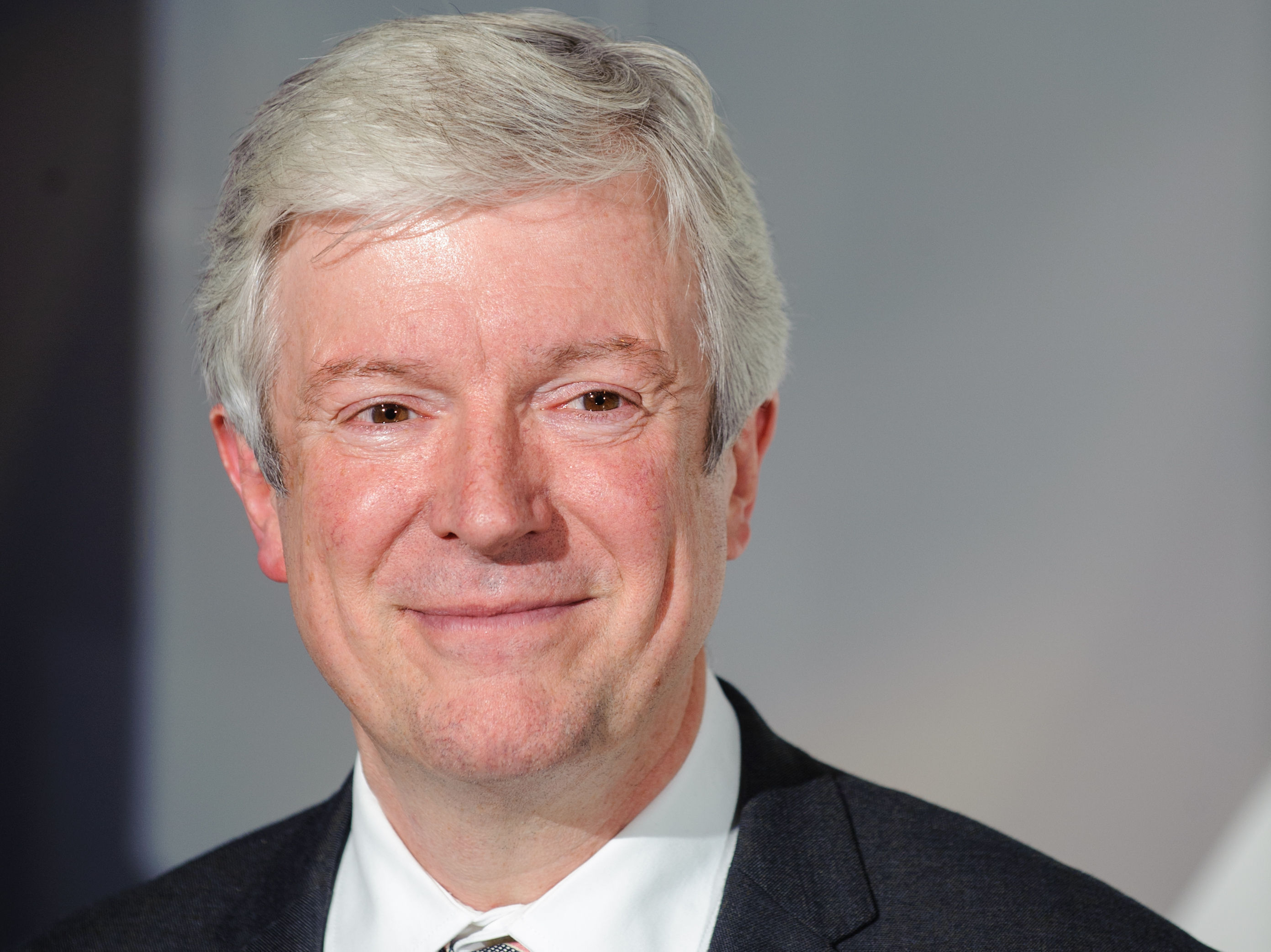
CHRISTMAS can be an expensive time for many of us – budgeting for extra food, presents and decorations as well as necessities such as heating and utilities.
For one group in our society, however, Christmas is getting harder every year.
Across the UK, 300,000 more pensioners now live in poverty than six years ago.
That’s 300,000 friends, neighbours, parents and grand-parents who will struggle to heat their home, pay their bills and put food on the table.
This is a problem that isn’t going away. Almost one third of over-75s in Britain now live on or below the poverty line.
And this raises some questions: why is the Government and the BBC adding insult to injury when it comes to this group’s free TV licences? Why are we asking some of the most vulnerable in our society to choose between switching on the heating or turning on the TV?
The BBC is considering scrapping free TV licences for the over-75s after director-general Tony Hall warned the broadcaster’s spending is “unsustainable”.
The BBC recently launched a 12-week consultation on the future of the licence fee, which closes on February 12.
What beggars belief is that this consultation is ongoing as we read of the BBC spending an eye-watering £80 million to rebuild the set of EastEnders, £10 million promoting their new Sounds app and increasing the salaries of executives by 30%.
Meanwhile, maintaining the free entitlement for those over the age of 75, some of the most vulnerable in our society – and most loyal of BBC viewers, I might add – is a spending commitment too far?
Since 2000, anyone aged 75 or over has been entitled to a concessionary TV licence. However, in 2015 the Government decided to transfer the costs of the concessionary licence to the BBC as part of a wider agreement regarding the licence fee, arguably breaking their manifesto commitment to protect all pensioner benefits.
The current concession arrangement will cease in 2020 and Parliament has given the BBC the duty to consult on the future arrangements of the concession, which will be funded by the BBC rather than the Government.
Free TV licences were introduced alongside other universal pensioner benefits, including the winter fuel allowance and free bus passes, to supplement a basic state pension that wasn’t (and still isn’t) high enough to cover basic essential costs.
While the Government at the time had increased the value of means-tested benefits for older people, these don’t reach everyone with low and modest incomes – many don’t claim their entitlements while others miss out due to incomes just above the threshold.
It remains the case that the basic state pension is unlikely to increase sufficiently to cover basic living costs and, as the Government refused to guarantee the triple lock in the 2017 manifesto, universal benefits such as the TV licence are more crucial than ever for the over-75s.
For millions of older folk the TV is their constant companion, their window on the world and main form of company. TV plays a central role in their lives.
What’s more, there are 850,000 people with dementia in the UK and by 2025 this figure will be one million.
From a purely practical point of view, how will the BBC ensure people in this situation pay for their licence fee and, if they don’t pay, how will they go about enforcing it? It would be distressing for someone in the early stages of dementia to learn that they have to pay and then try to navigate the method of payment.
Organisations such as Age Scotland and Age UK, as well as politicians from across the political spectrum, believe it is the Government’s responsibility to look after vulnerable older people, not the BBC’s.
The Government created this situation by pushing the free TV licence scheme on to the BBC in a private deal, without any public consultation and without giving them the funding to keep it going.
The Government should take back this responsibility without delay.
To take away this much-needed universal benefit for over-75s in an age of growing pensioner poverty and increased loneliness would be, frankly, a cruel approach.
We demand the Government takes back the funding and administration of the free TV licences scheme – and lets the BBC focus on its job of being a national broadcaster.
If you agree the TV licence should be free for over-75s, I encourage you to respond to the BBC and sign up to the campaign at www.ageuk.org.uk

Enjoy the convenience of having The Sunday Post delivered as a digital ePaper straight to your smartphone, tablet or computer.
Subscribe for only £5.49 a month and enjoy all the benefits of the printed paper as a digital replica.
Subscribe